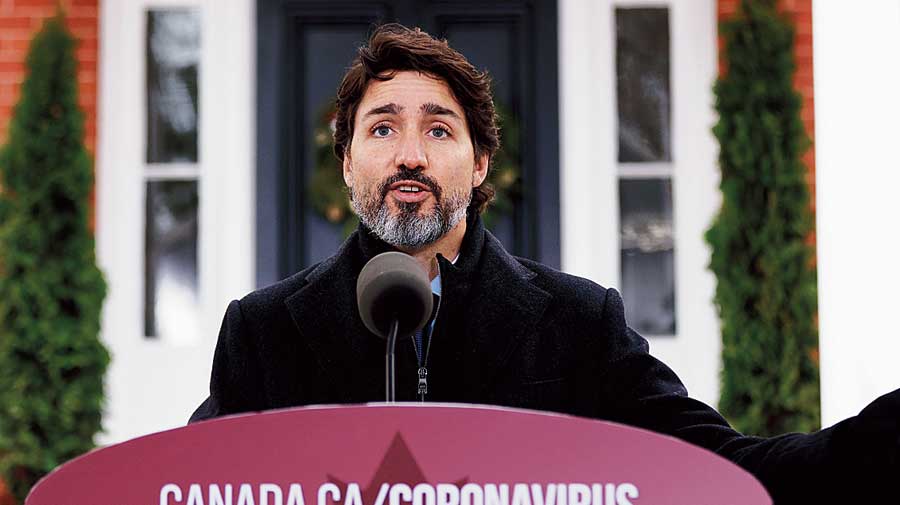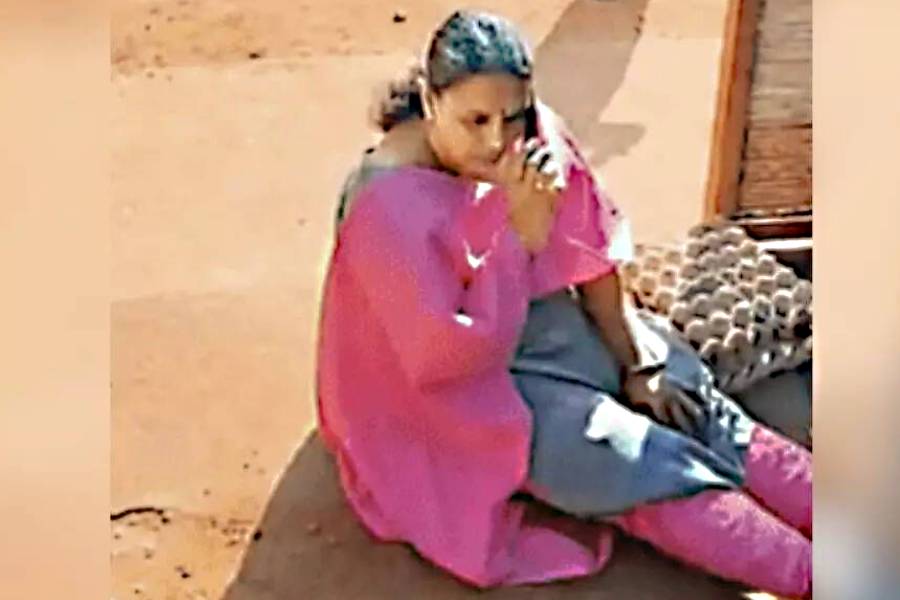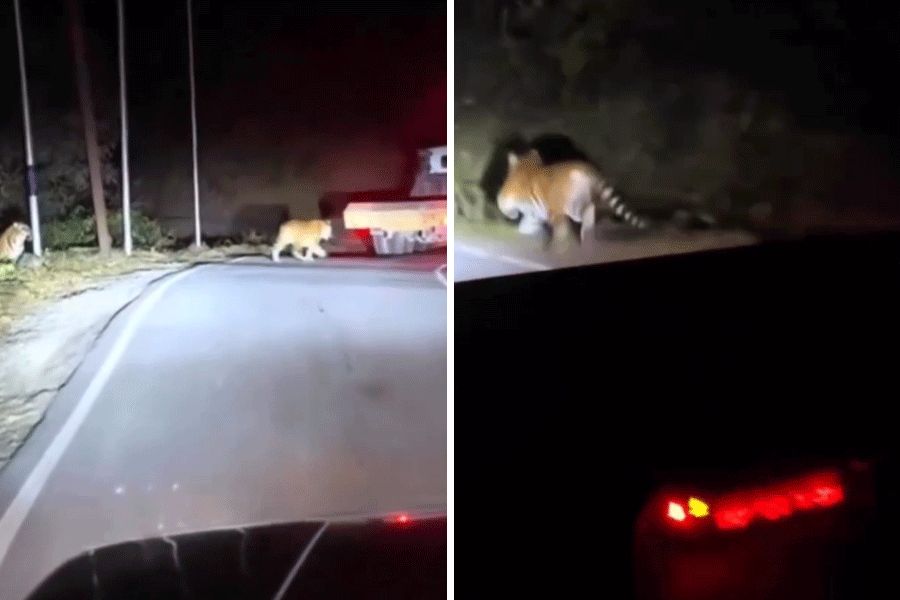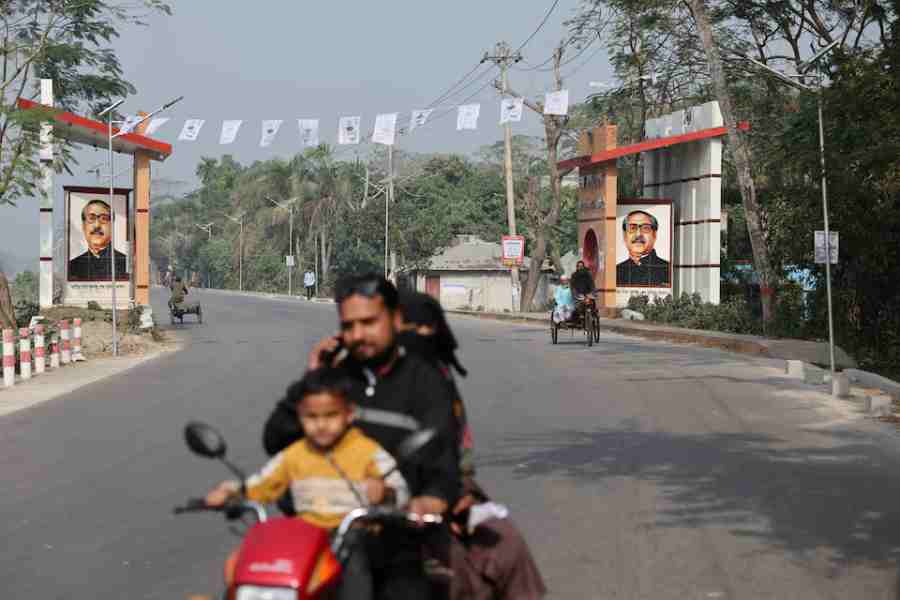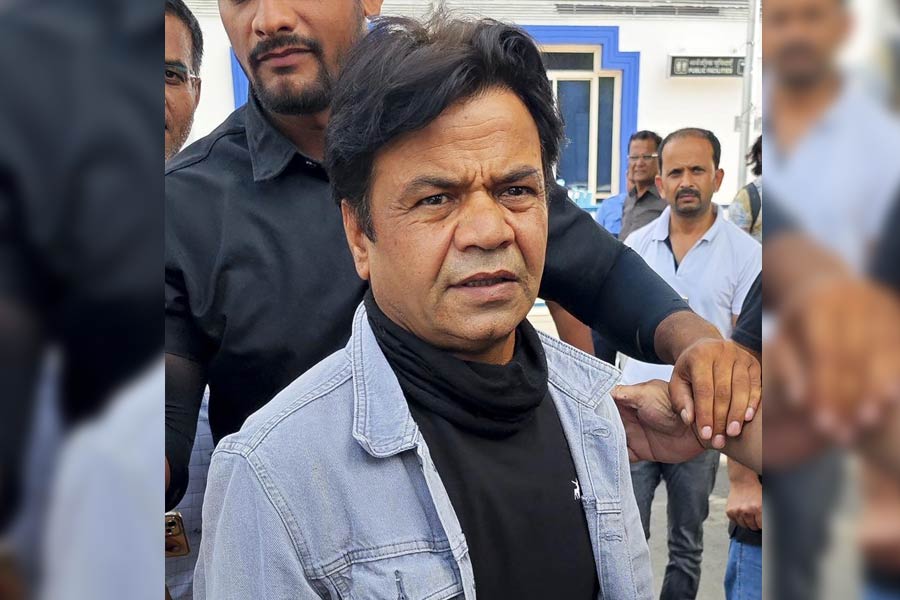Prime Minister Justin Trudeau took the rare step of declaring a national public order emergency on Monday in a push to end protests that have paralysed the centre of the Canadian capital for more than two weeks and reverberated across the country.
Trudeau and several of his cabinet ministers said the move would allow the government to take a variety of steps, including freezing bank accounts of protesters, to clear the blockade of about 400 trucks in Ottawa and smaller protests that have closed border points in Alberta and Manitoba.
“We cannot and will not allow illegal and dangerous activities to continue,” the Prime Minister said in a speech to the nation, pointing to “serious challenges to law enforcement’s ability to effectively enforce the law”.
The invocation of the Emergencies Act confers enormous, if temporary, power on the federal government.
It allows the authorities to move aggressively to restore public order, including banning public assembly and restricting travel to and from specific areas. But Trudeau and members of his cabinet offered repeated assurance that the act would not be used to suspend “fundamental rights”.
It has been half a century since emergency powers were last invoked in Canada. Trudeau’s father, Prime Minister Pierre Elliott Trudeau, imposed them during a terrorism crisis in Quebec. Monday was the first time that the 1988 Emergencies Act has been used.
The response by the police and all levels of government to the crisis, which included an almost week-long blockade of an economically critical border crossing with the US, has been widely criticised as inadequate.
Trudeau, some critics contend, should have intervened earlier and perhaps even deployed troops to break up the protest.
On Monday, Trudeau said he would not use his authority under the declaration, which will last for 30 days, to bring in the military, reiterating his previous position against intervention by the armed forces.
But Canada’s justice minister, David Lametti, outlined a wide array of special powers now at the government’s disposal.
The police will now be able to seize trucks and other vehicles used in blockades. The measure will formally ban demonstrations that “go beyond lawful protest”, he said, and the government will formally ban blockades in designated areas like border crossings, airports and Ottawa.
Tow-truck operators, who have been reluctant to cooperate with the police, will now be compelled to work with law enforcement agencies.
(New York Times News Service)

